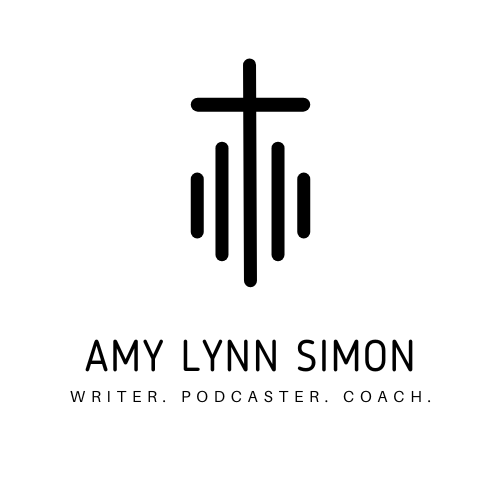What’s Your Relationship with Conflict?
What’s your relationship with conflict? Do you avoid it? Run full speed into it? Create it? Try to resolve it as quickly as possible?
Conflict is messy business, and it tells us so much about ourselves. Our reaction to conflict can be a helpful indicator as to what we believe about ourselves, God, and others.
Conflict is a normal part of being sinful, broken humans. When we have two or more broken people trying to work and be in community together, there WILL be conflict. If there isn’t, either it hasn’t been long enough, you haven’t been close enough, or one of you is lying and suppressing their desires, opinions, or needs.
The question becomes whether we handle conflict in a healthy or an unhealthy way.
Some of us (me sheepishly raising my hand…), try to avoid conflict because it makes us uncomfortable. We would much rather have everyone get along and be at peace. However, many times the way to peace is THROUGH conflict.
Are you a people-pleaser?
I have struggled with people pleasing, wanting to avoid conflict, and being willing to suppress my own opinions and desires just to have peace. Many years ago when going out to dinner with some friends, everyone was sharing where they wanted to go. I said that wherever was fine - it didn’t matter. One of my roommates told me, “Amy, if you have an opinion and you don’t share it, you’re lying.” Ouch! I still struggle sometimes with being too willing to keep the peace even if it means not expressing my desires. There’s a place for that, of course, but some of us do it a little too much.
We read in the Bible that “Blessed are the peacemakers” (Matthew 5:9). How do we decide when it’s time to be a peacemaker versus time to have healthy conflict? Is it more godly to suppress our own desires and opinions in order to keep the peace?
To answer that, I would ask: Is peace and harmony the absence of conflict? Not really. It’s the resolution of conflict. We get to peace through conflict, not by avoiding it. When we avoid it, things fester and will surface later. That’s not peace. Peace is what we get on the other side of conflict.
If you avoid conflict - what are you afraid of? Are you concerned that if you disagree then people won’t like you? Are you afraid of the conflict itself? Does it bring up unpleasant memories? Were you the peacemaker in your childhood? (I was.) Should you have been? (No.)
In relationships, peace (meaning lack of conflict) is not the highest goal. True peace - wholeness and harmony - is attained many times by going through conflict in a healthy way.
My parents fought a lot when I was growing up. And they didn’t do it in a healthy way. One would stomp away and slam the door and cry while the other went back to reading a magazine as if nothing was wrong. I chose to play the go between and try and resolve the conflict for them, carrying messages back and forth to get them to talk to each other. Not the role a kid is supposed to have. But they never told me to stop and I hated the fighting, so I kept trying to fix it. What I should have done is to stay out of it and forced them to figure it out themselves as adults.
I wasn’t being a peacemaker - I was enabling their lack of conflict resolution skills and putting myself in a position that was neither appropriate nor healthy. They needed to act like adults and work through their own conflict.
If you struggle with this aspect of conflict, some of the lies that could be feeding it are:
-My needs and wants don’t matter
-Conflict means I’m doing something wrong
-It’s more important for me to please others than to voice my own opinion
If this is you, take time to journal and explore why you feel this way. What does God say is true about you?
Or do you create conflict?
On the flip side, some of us might struggle with creating conflict and getting involved in it when we shouldn’t be. We run headlong into conflict, both in person and online. Social media is a popular place to create conflict by posting controversial topics. There’s nothing wrong with discussing controversial issues - that’s good and healthy. But social media really isn’t the place for that type of discussion. If you find yourself trying to “stir the pot” that way, I would encourage you to ask yourself why. What are you hoping to accomplish? Social media doesn’t allow for honest, two way communication in the context of a relationship. Those in-person, real discussions are the things that change peoples’ minds on a subject - not reading a controversial social media post.
Sometimes we create conflict as a way to feel powerful, or because we fear being dominated by others. Some lies we might be embracing:
- I am less valuable if I don’t win an argument.
- It’s my job to change others
- I need to feel powerful and in control in order to feel safe
So where do you fall on the spectrum? What is your relationship with conflict? If you need a refresher on the BUILD method to work through any of these things, you can find it here.

